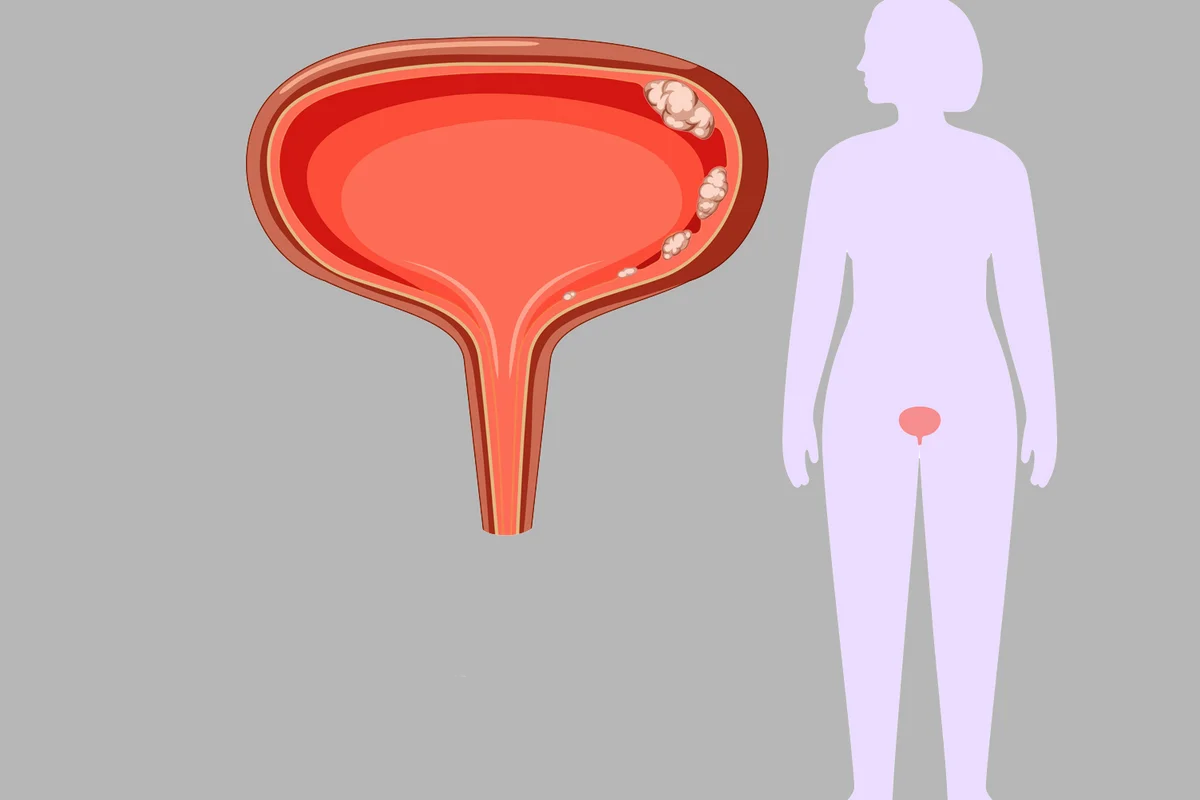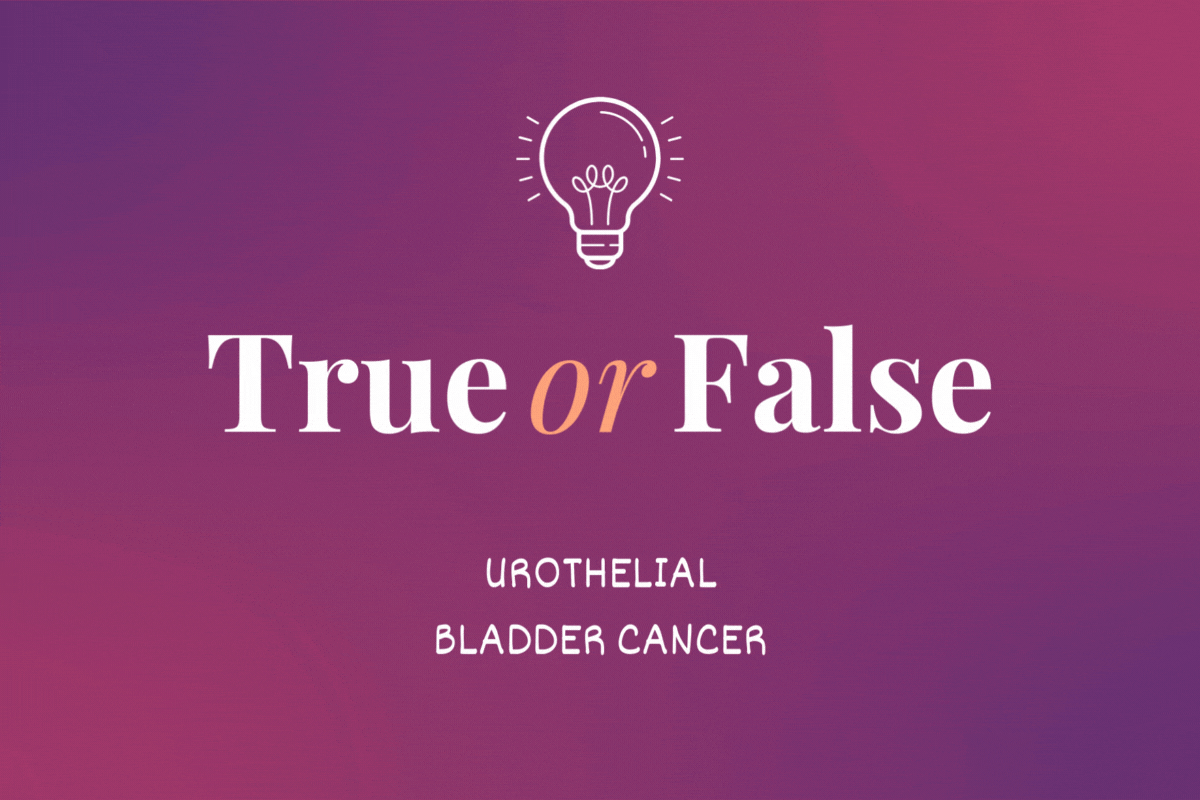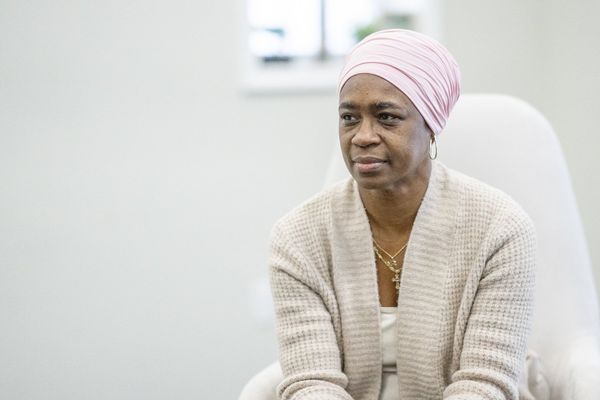Medically reviewed by Andrea Apolo, M.D.
Nearly 20,000 women in the United States will be diagnosed with bladder cancer in 2023.
Urothelial bladder cancer (UBC) is by far the most common type of bladder cancer and it can impact many aspects of your life.
About 8 in 10 people survive bladder cancer for at least 5 years.
Mental health
- Bladder cancer treatment can involve surgery that leaves you with little to no bladder or bowel control. This loss of control may make you feel embarrassed or insecure.
- Bladder cancer comes back more than any other type of cancer — between 50% and 80% of the time. So people who have had bladder cancer often worry about their cancer coming back.
- Depression is common in people with bladder cancer. Studies show that around 8 out of 10 people with bladder cancer have post-treatment depression.
Relationships
- If you’ve had bladder cancer, it might be hard for you to open up about what you’re going through.
- Feeling self-conscious about body changes or a urostomy after bladder cancer can cause you to pull away from your partner or be afraid of engaging with a new one.
- Some treatments for bladder cancer can cause short- and long-term problems with sex , including pain, trouble with lubrication and difficulty reaching orgasm.
Work
- Bladder cancer treatment can keep you from being able to work or cause you to miss a lot of work.
- Body changes and bathroom needs may require workplace accommodations and adjustments.
- Feeling self-conscious about body changes or a urostomy can cause distress when you’re with your co-workers or lead to missing work events.
Nutrition
- Some treatments for bladder cancer may affect your sense of taste or how much you want to eat.
- Surgery to treat bladder cancer can affect bowel function and change what you can eat.
- Working with your healthcare provider or a nutritionist can help you find foods that will help you manage any post-treatment symptoms.
Other health problems
- If you have other health issues, they can affect how well you recover from treatment.
Tips for coping after bladder cancer
- Be kind to yourself Give yourself time to adjust to the ways your body and life have changed.
- Feel your feelings Know that everything you’re feeling, from grief about losing your pre-cancer way of life to anxiety about your cancer coming back, is totally normal and OK.
- Get whole-person care A holistic post-treatment care plan that addresses all aspects of health can help your recovery go more smoothly.
- Seek support Connect with a support group (online or in person) for people living with bladder cancer. Sharing the ups and downs of your experience can help you heal — physically and emotionally.
This resource was created with support from Merck.
From Your Site Articles
- A Conversation With Dr. Sarah Psutka About Bladder Cancer ›
- For Nearly a Year, Doctors Dismissed My Bladder Cancer Symptoms as UTIs ›
- Tips for Traveling While Being Treated for Urothelial Bladder Cancer ›
- Sex After Bladder Cancer ›
- It's Bladder Cancer Awareness Month: Time to Share My Story ›
- Life with Urothelial Bladder Cancer ›
- It Took 2 Years and a Second Opinion to Find My Bladder Cancer - HealthyWomen ›
- Top Tips for Living With Overactive Bladder - HealthyWomen ›
- Going Back to Work with Bladder Cancer - HealthyWomen ›
- Regreso al trabajo con cáncer de vejiga - HealthyWomen ›
- Una buena nutrición y el cáncer de vejiga - HealthyWomen ›
- Good Nutrition and Bladder Cancer - HealthyWomen ›
- Los sobrevivientes de cáncer de vejiga y los segundos cánceres primarios - HealthyWomen ›
- Bladder Cancer Survivors and Second Cancers - HealthyWomen ›






